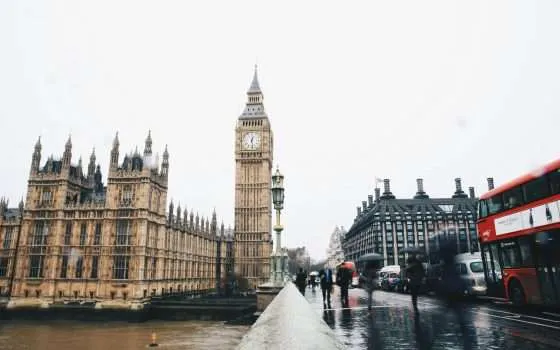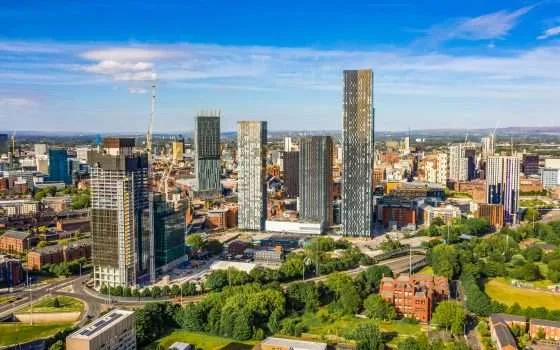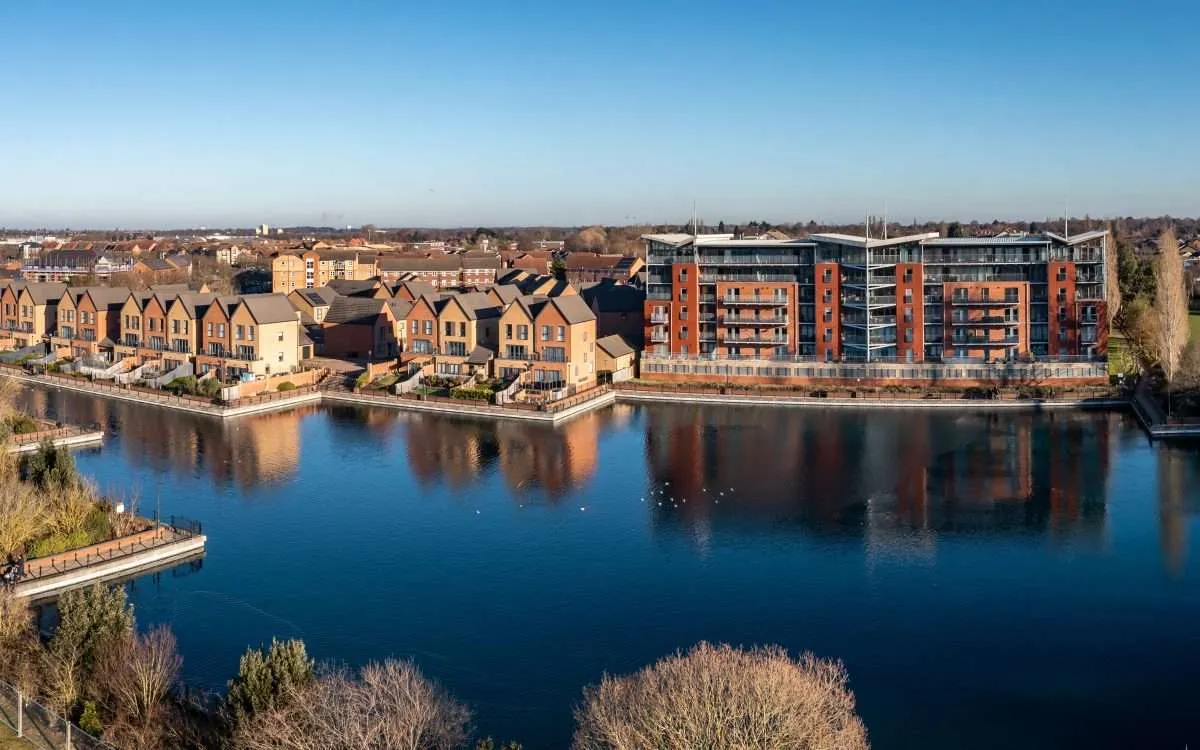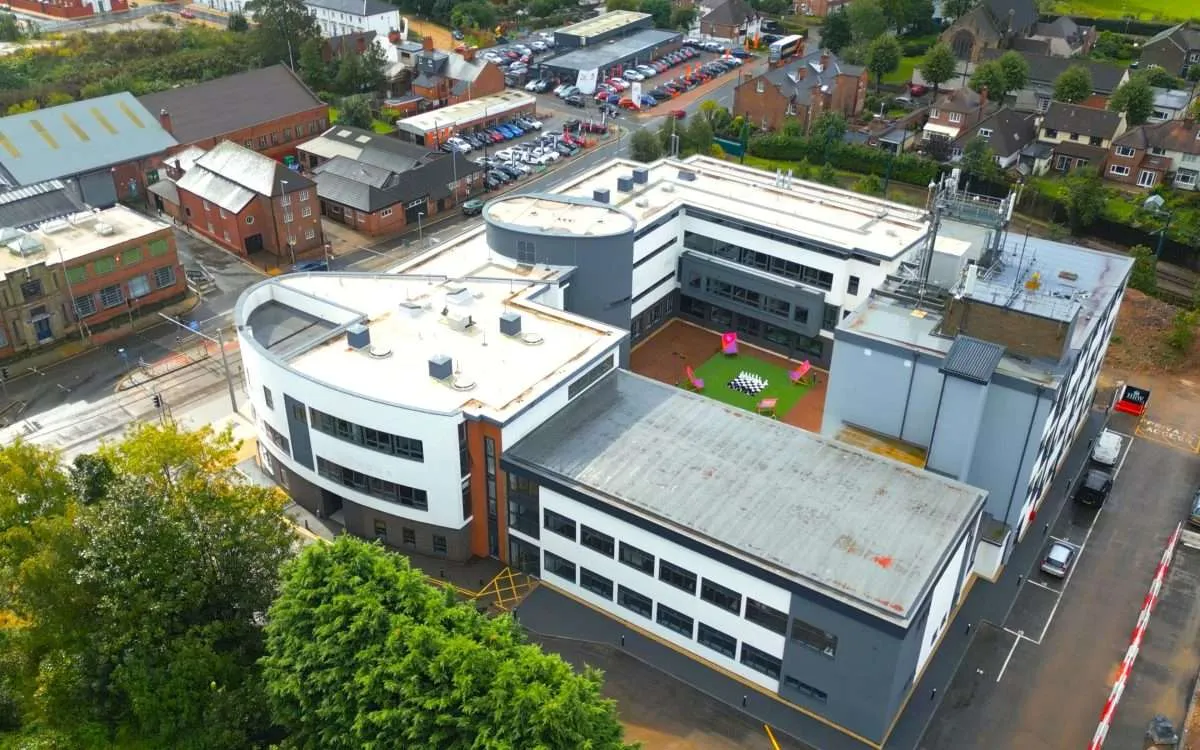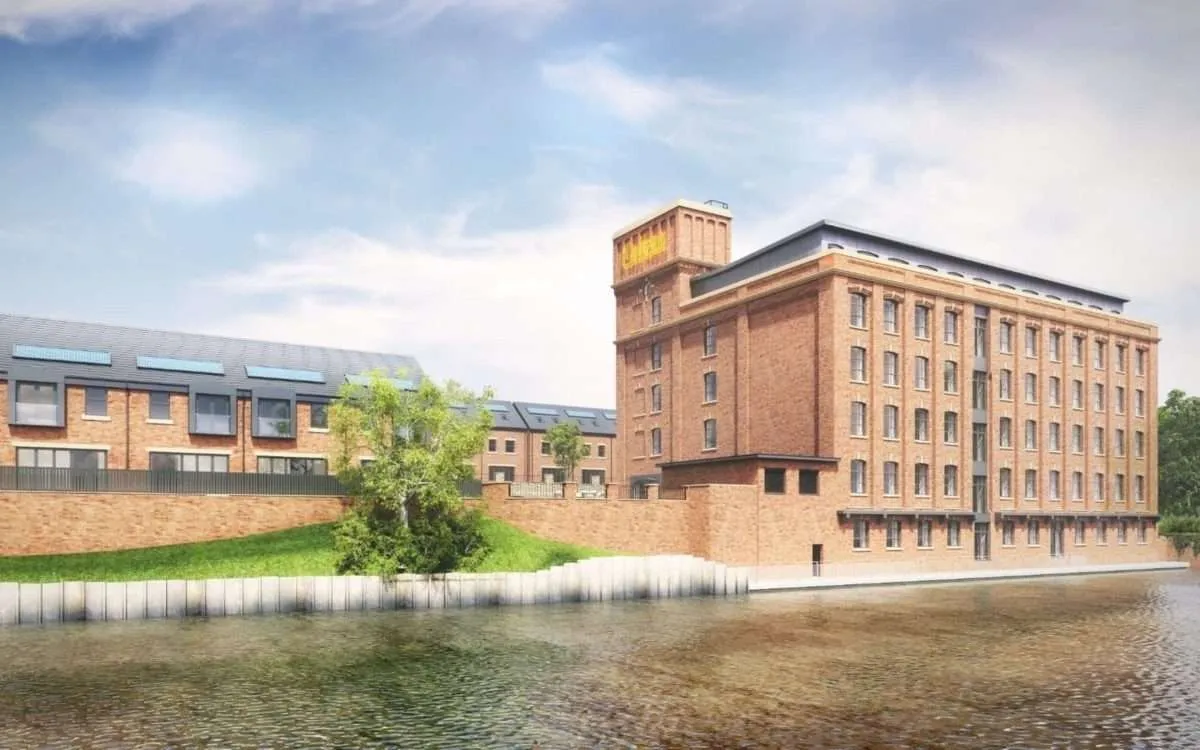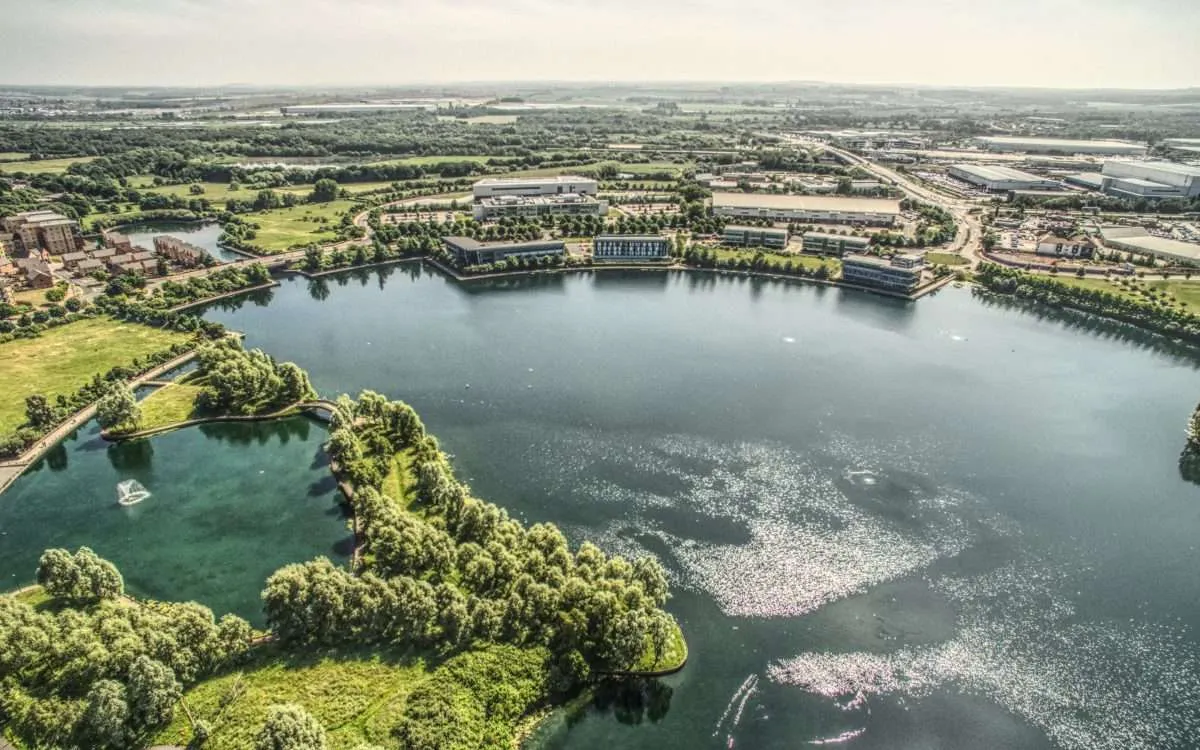The UK Economy Could Get Messy, But is That Good News for Property Investors?

Undoubtedly, it’s been a turbulent time for the UK economy since the beginning of the Covid-19 pandemic which has wreaked havoc across world economies over the course of the last two years.
It has to be said that this hasn’t happened equally. Across continents, across countries and across cities the fallout has been felt to varying degrees.
The likes of the US and Europe, which were able to roll out their vaccination programmes relatively quickly faired unsurprisingly better than Africa and Asia, where access to vaccines was patchy and mostly slow, whilst anti-vaccination sentiment was widespread.
Economically, the West have broadly steadied their ships with large growth across the year, but most are yet to reach the goal of pre-pandemic levels. With unprecedented government intervention across the Western world in order to shore up economies, the question has now started to turn to what our post-Covid world looks like, and how governments intend to boost economies.
Whilst Biden has been busy writing cheques for trillions of dollars across the pond, Rishi Sunak has just announced his 2021 budget, but what is the likelihood that the economy will be bouncing again this time next year? And does it matter?
Rocky times ahead
The Office for Budget Responsibility, the OBS, released last week their estimate of what damage Brexit will do to the economy and, by their estimations, it will shrink the economy by 4% due to trade barriers and loss of trade.
Now, whether you are pro or anti Brexit, the fact remains that it is expected to double the damage done to the economy by COVID-19, estimated at 2% of GDP.
Sunak, the chancellor, this week announced £2 billion for working families through Universal Credit, however, this didn’t make up for the nearly £6 billion that had already been cut when he removed the £20 per week uplift at the beginning of October.
Whilst wages are rising, so is the cost of living, with inflation hovering around the 4% mark. There are also the dual issues of record fuel prices and record energy prices too.
All of this, with economic uncertainty to boot, could mean one of the biggest squeezes on working people in a generation.
Property prices & demand
Whilst demand for the purchase of residential property is unlikely to stay sustainable, prices are unlikely to drop.
If things bare out as we suspect they might, then house price growth will slow thanks to lagging wage growth and rising cost of living, but that’s no bad thing.
Inward investment into the property market will continue from multiple sources, but ultimately what it will mean is that less people will be able to afford to buy residential property and more will need to privately rent.
Demand for rental property will far exceed supply, with rental growth going much quicker than price growth, we’ll likely see large yields on buy-to-rent property, which is good news for investors.
Are you loking to extend your property portfolio or take your first step on the investment ladder – take a look at our available investment options or contact us on +44 (0)161 772 1370.


